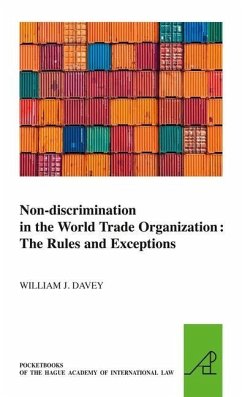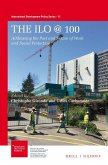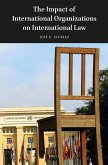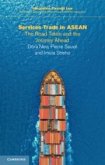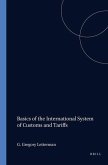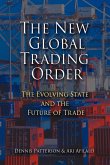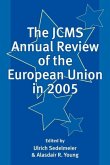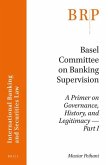International trade is conducted mainly under the rules of the World Trade Organization. Its non-discrimination rules are of fundamental importance. In essence, they require WTO members not to discriminate amongst products of other WTO members in trade matters (the mostfavoured- nation rule) and, subject to permitted market-access limitations, not to discriminate against products of other WTO members in favour of domestic products (the national treatment rule). The interpretation of these rules is quite difficult. Their reach is potentially so broad that it has been felt that they should be limited by a number of exceptions, some of which also present interpretative difficulties. Indeed, one of the principal conundrums faced by WTO dispute settlement is how to strike the appropriate balance between the rules and exceptions. Davey explores the background and justification for the non-discrimination rules and examines how the rules and the exceptions have been interpreted in WTO dispute settlement. He gives considerable attention to whether the exceptions give sufficient discretion to WTO members to pursue their legitimate non-trade policy goals.

